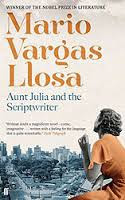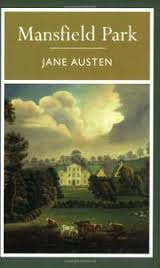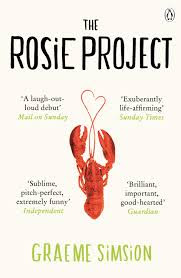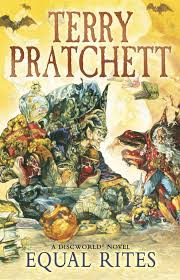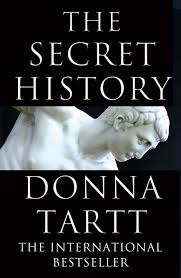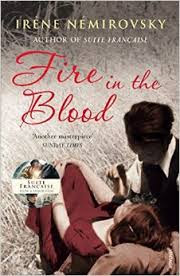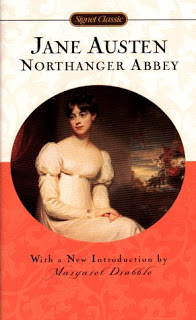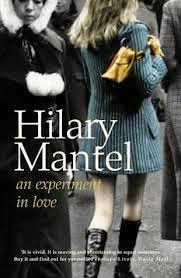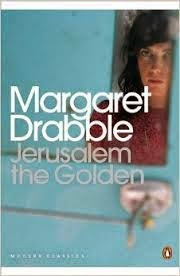I’ve read all Fuller’s books of memoir about her life in southern Africa. This sounds like an endorsement. It is, and it isn’t. They’re reasonably good books, but I think I’ve read them not so much for their quality as for their rarity. If you are American, or British, or Indian, or from any other large group, there are many novels about your experience. If you are Zimbabwean, not so much. The only white Zimbabwean I’ve ever seen portrayed on screen for example is Leonardo DiCaprio, doing a horrible South African accent.
There’s much in Fuller’s life that I can identify with, from the dirty to the malaria:
the Fullers . . drank whatever they could find, lukewarm if need be, and had no compunction about using ice made from unboiled water. ‘A few germs never hurt anyone,’ Dad always said. And if a bout of diarrhea ensued, it simply proved his point. ‘See? Keeps you from getting all blocked up.
and
Like most drinking families, we usually aired our feelings late at night.
But I struggle with some of it; the Fullers are clearly somewhat new arrivals in Africa, so there is a sense of foreignness that I struggle to understand: (We) were alone in the house. Although truthfully we were alone only in the ways Westerners speak of being alone in Africa, as if the few hundred locals by whom they are almost always surrounded are part of the landscape, instead of part of humanity”
This novel is the story of the author’s divorce. She married young, to an American named Charlie. As with many Africans, she imagined an American could give her stability.
Charlie was a gallant one-man intervention wanting to save us from our recklessness, quietly stepping in whenever he thought we were drinking excessively, ruining our health with cigarettes, or courting intestinal disaster with undercooked chicken. This made the Fullers howl with laughter and did nothing to make them behave differently.
They began their lives in rural Zambia, and unsurprisingly being twenty two and living in a remote location with a small screaming baby did make make for immediate bliss. They therefore moved to America, where they had two more children in short order. They have financial troubles, and their marriage starts to unravel. It’s very sad. It’s also somewhat annoying. She claims repeatedly that she ‘can’t understand the accounts’ which is an frustratingly female way of dodging responsibility. The financial trouble seems all very American – the poverty of having too much. As she puts it:
True, we had a house, a cabin, some investments, but it turned out we didn’t own any of the roofs over our heads, the bank did. We had three horses on some pasture in Idaho, those were ours . . .
Two residences and three horses and you wonder why you’re in debt?
Anyway, this is a sweet and touching novel. I recommend it.
